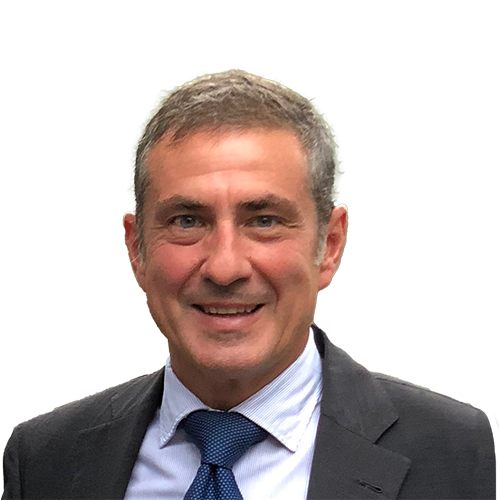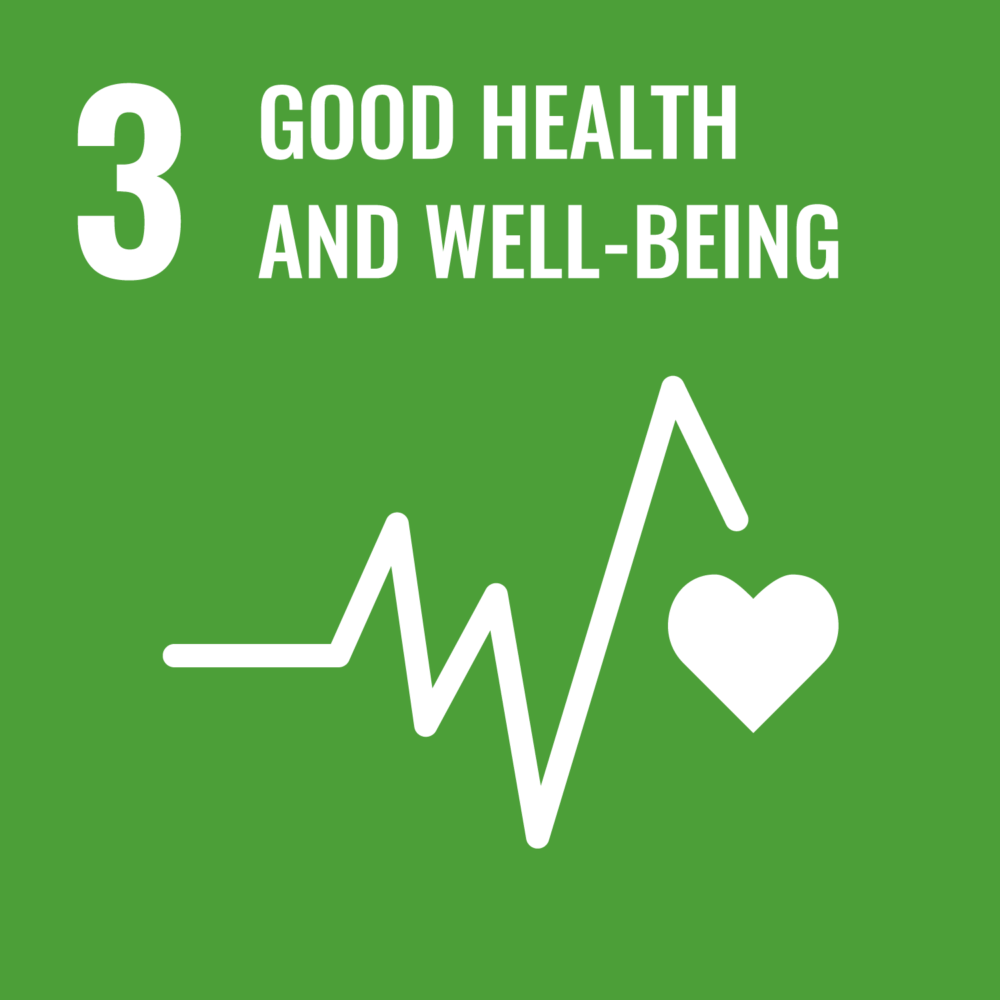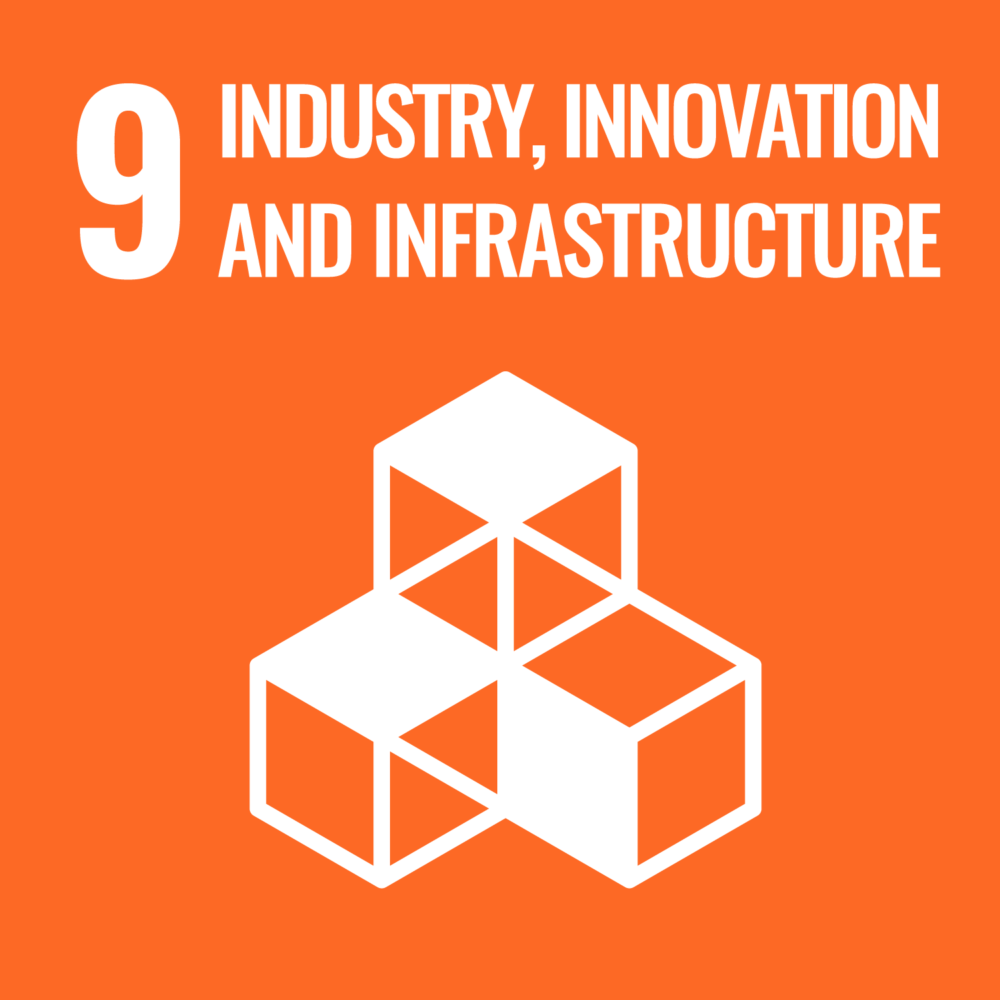The first European Digital Health Technology Assessment framework co-created by all stakeholders along the value chain
Digital health technologies (DHTs) are expected to improve both the quality and delivery of healthcare services for European societies while ensuring the sustainability of Europe’s healthcare systems. DHTs are also able to collect real-world data and evidence relevant for decision makers. However, the implementation of DHTs implies new methodological challenges to the standardisation of assessment criteria. Existing Health Technology Assessments (HTAs) are unable to capture the real added value of DHTs.
EDiHTA will be the first flexible, inclusive, validated and ready-for-use European HTA framework reaching TRL 6-7, allowing the assessment of different DHTs (e.g. telemedicine, mApps, AI) at different TRLs, territorial levels (national, regional and local) and perspectives (e.g. payer, society, hospital). All relevant stakeholders will contribute to its design, development and validation. The digital framework will be piloted in real healthcare settings in 5 major European hospitals and through an open piloting scheme with European DHT developers. The principles of EDiHTA are to 1) promote a holistic approach involving all stakeholders for consensus building at national and European levels; 2) define a common terminology, harmonise and enrich existing HTA frameworks and create an open repository with frameworks, guides, articles and HTA methodologies; 3) optimise assessment processes along the DHT life cycle; 4) follow a multi-stakeholder, multi-domain and modular approach; 5) co-create EDiHTA solutions; and 6) provide a validated and ready-for-use digital HTA framework for DHTs. Next to leading academic groups in HTA research, our multidisciplinary consortium includes HTA agencies, clinics as DHT end-users, technology providers and a patient organisation with links to the broader European healthcare landscape of regulatory bodies, policymakers and payers. EDiHTA will leverage its network to accelerate the market entry of new DHTs for the benefit of European society.
This project contributes to the UN Sustainable Development Goals (SDGs) 3 and 9.
Coordinator:Universita Cattolica del Sacro Cuore, IT
Partners:
- Stichting Radboud universitair medisch centrum, NL
- Region Syddanmark – Odense Universitetshospital, DK
- Fundacio de Recerca Clinic Barcelona-Institut d’Investigacions Biomediques August Pi i Sunyer, ES
- Johann Wolfgang Goethe-Universitaet Frankfurt, DE
- Agenzia Nazionale per i Servizi Sanitari Regionali, IT
- Agencia de Qualitat i Avaluacio Sanitaries de Catalunya, ES
- Universitetssykehuset Nord-Norge HF, NO
- DNV AS, NO
- European Health Management Association, BE
- EIT Health e.V., DE
- Forum des Patients Europeens, BE
- Fundacja Instytut Polityki Zdrowotnej, PL
- National Institute for Health and Care Excellence, UK
- accelopment Schweiz AG, CH




